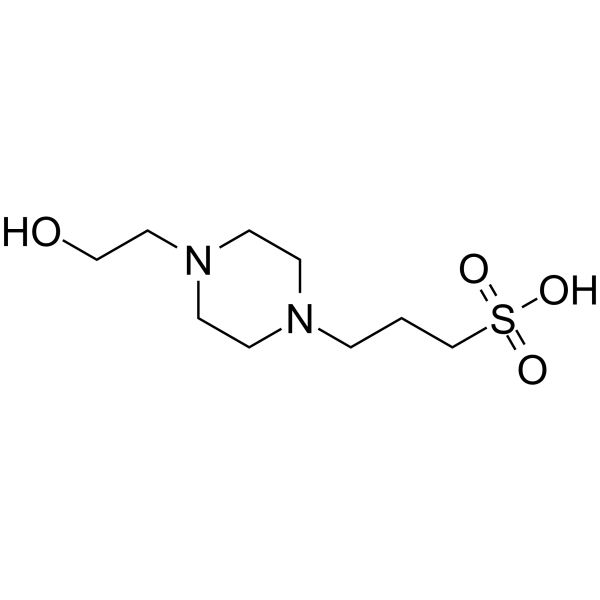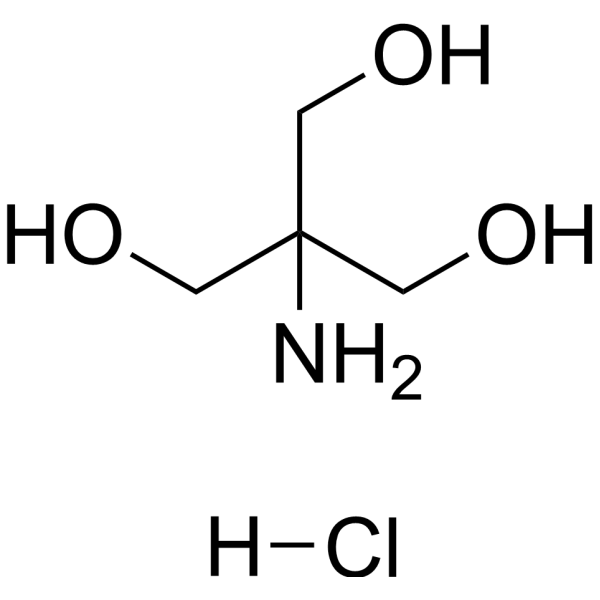EPPS rescues hippocampus-dependent cognitive deficits in APP/PS1 mice by disaggregation of amyloid-β oligomers and plaques.
Hye Yun Kim, Hyunjin Vincent Kim, Seonmi Jo, C Justin Lee, Seon Young Choi, Dong Jin Kim, YoungSoo Kim
Index: Nat. Commun. 6 , 8997, (2015)
Full Text: HTML
Abstract
Alzheimer's disease (AD) is characterized by the transition of amyloid-β (Aβ) monomers into toxic oligomers and plaques. Given that Aβ abnormality typically precedes the development of clinical symptoms, an agent capable of disaggregating existing Aβ aggregates may be advantageous. Here we report that a small molecule, 4-(2-hydroxyethyl)-1-piperazinepropanesulphonic acid (EPPS), binds to Aβ aggregates and converts them into monomers. The oral administration of EPPS substantially reduces hippocampus-dependent behavioural deficits, brain Aβ oligomer and plaque deposits, glial γ-aminobutyric acid (GABA) release and brain inflammation in an Aβ-overexpressing, APP/PS1 transgenic mouse model when initiated after the development of severe AD-like phenotypes. The ability of EPPS to rescue Aβ aggregation and behavioural deficits provides strong support for the view that the accumulation of Aβ is an important mechanism underlying AD.
Related Compounds
Related Articles:
2014-08-01
[Mol. Plant 7(8) , 1365-83, (2014)]
2015-02-11
[J. Neurosci. 35(6) , 2384-97, (2015)]
2014-07-01
[Autophagy 10(7) , 1241-55, (2014)]
2015-01-01
[Nucleic Acids Res. 42(18) , 11433-46, (2014)]
2014-12-20
[Hum. Mol. Genet. 23(25) , 6762-72, (2014)]


